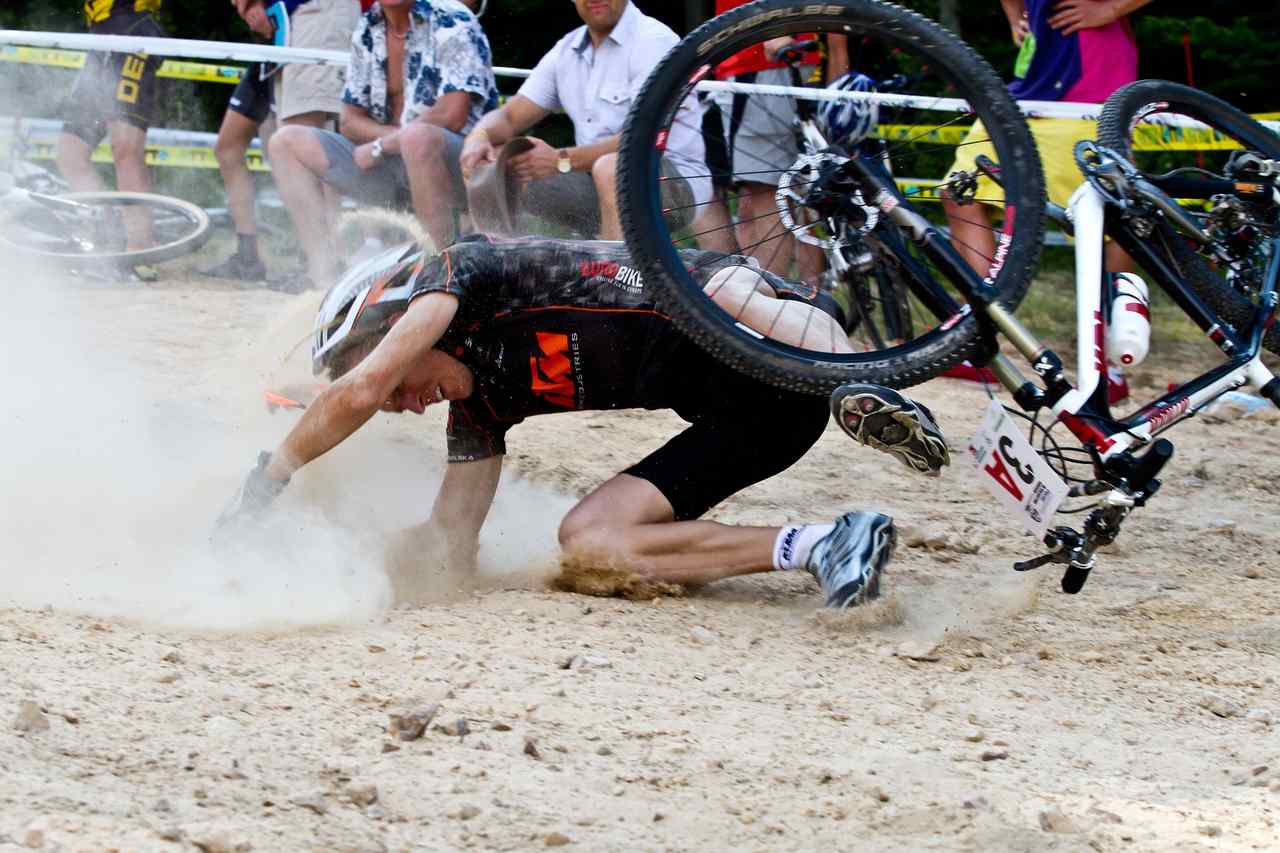Helmets and Bicycle Accidents in Orlando: Unraveling Their Interplay in Legal Scenarios

Orlando, with its vibrant streets and favorable climate, beckons bicycle enthusiasts year-round. As cyclists weave through traffic, sharing the road with larger vehicles, the importance of helmets cannot be stressed enough. Beyond the obvious safety implications, helmets also play a nuanced role in the legal landscape of bicycle accident claims. This guide seeks to demystify the role of helmets in the event of cycling mishaps in Orlando.
Helmets: The First Line of Defense
Before delving into the legalities, let’s acknowledge the undeniable:
- Brain Protection: Helmets significantly reduce the risk of traumatic brain injuries, one of the most severe outcomes of bicycle accidents.
- Visibility: Many helmets are designed with reflective materials or colors, making cyclists more noticeable on roads, especially during low-light conditions.
Florida’s Helmet Law: A Brief Overview
Understanding the legal position on helmets is pivotal:
- Age Factor: Florida law mandates that cyclists under the age of 16 wear helmets. For those above this age, wearing a helmet is a choice, but an undeniably wise one.
Helmets in Accident Claims: The ‘Comparative Negligence’ Angle
Florida operates under a ‘comparative negligence’ system. How does this tie in with helmets?
- Shared Fault: In an accident, if it’s determined that the cyclist’s lack of helmet contributed to the extent of their injuries, it could reduce the compensation. The logic? While not wearing a helmet might not cause an accident, it can exacerbate injuries.
- Percentage Reduction: If a cyclist is found, for instance, 20% at fault due to not wearing a helmet, the compensation might be reduced by that percentage.
The Helmet Defense: Not Always A Silver Bullet
For defendants, using the lack of a helmet as a defense isn’t always straightforward:
- Nature of Injuries: If a cyclist suffers a broken leg, for example, the helmet argument is moot. It wouldn’t have prevented that injury.
- Other Factors: Factors like the speed of the vehicle, whether the driver was distracted, or if they were under the influence, can overshadow the helmet aspect in determining fault.
Documenting the Incident: Helmets Can Play a Role
If involved in an accident:
- Condition of the Helmet: A damaged helmet can serve as tangible evidence of the impact’s force.
- Witness Accounts: Witnesses might testify on the helmet’s presence and its role during the crash, providing a clearer picture of the incident.
Seeking Expert Guidance: Knowledge is Power
- Legal Consultation: Given the intricacies surrounding helmets and accident claims, consulting a legal professional familiar with Orlando’s jurisdiction can offer invaluable insights.
- Staying Updated: Laws and regulations evolve. Staying informed about any changes to Florida’s helmet laws or related regulations ensures you’re always in the know.
Conclusion
The streets of Orlando, with their allure for cyclists, also present challenges. Helmets, while offering a shield against physical harm, also weave into the legal narrative of bicycle accidents. By understanding their role both on the road and in the courtroom, cyclists can navigate Orlando’s vibrant streets with confidence and clarity. Remember, whether it’s the helmet on your head or the knowledge in your mind, protection comes in many forms. Safe cycling to all!

 Call Us Today - It's Free
Call Us Today - It's Free